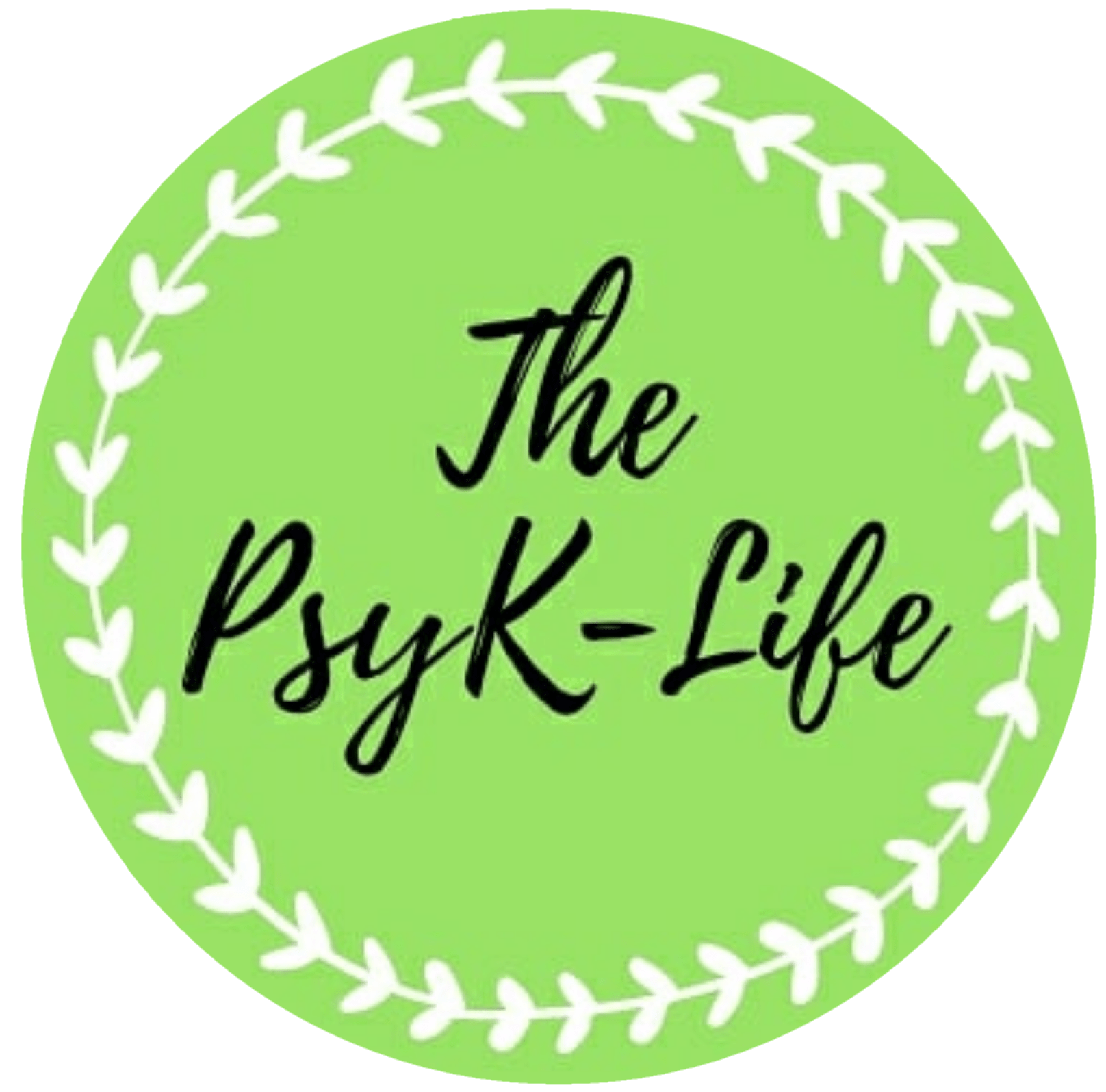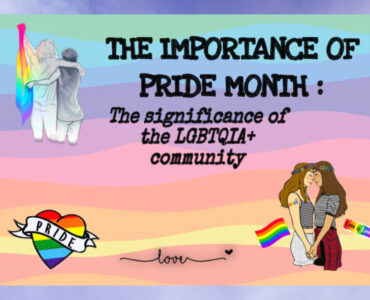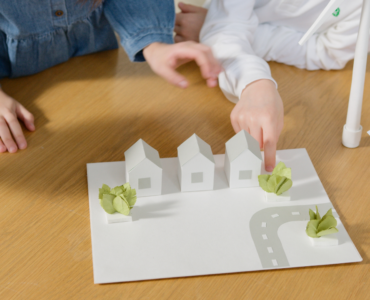Does love have a language? Did it ever happen that you are trying your best to express your love to your partner or a friend but they do not feel loved or they’re still complaining you don’t do enough? Is there something wrong with you or them? Don’t worry, there’s nothing wrong with either of you, you may just have different love languages.
Let’s consider this scenario, Imagine you are watching a Korean movie without subtitles. You may understand the plot but you cannot fully appreciate the film because you don’t understand what they’re speaking. Maybe it’s a great movie and someone who knows that language might love it, but you might still not get it because it’s a language that you do not speak or understand.
The same concept can be applied for love languages. Sometimes you might be doing your best but the other person might not comprehend it fully because they just speak a different language.
After many years of marriage counselling, Gary Chapman came up with the concept of love languages. According to him, people express and receive love in five ways which include words of affirmation, quality time, acts of service, physical touch and gifts. In his book, ‘The Five Love Languages’, he says, while everyone enjoys all of these languages to an extent, a person usually speaks one primary love Language, while all others are important too. Let’s try to understand each of these in detail.
Words of Affirmation

People whose love language is words of affirmation value expressing through words. They enjoy compliments, verbal appreciation, words of encouragement.
Example : I love the sandwich you made, Thank you.
How to communicate: verbal encouragement, affirming words appreciation given often
Actions to take : write unexpected note, send text, leave loving message brag about in public
Avoid : silence, unpleasant words, criticizing, not affirming, not noticing or recognizing efforts
After conflict : speak words that. build security and initiate a sincere apology
Quality Time

People with quality time as a love language enjoy spending time with people they love.
They value undivided attention, active listening, eye contact
Example: Do you want to go eat sandwich with me?
How to communicate: doing things together, 1 on 1 uninterrupted focused time/ conversations
Actions to take : be present, initiate scheduled 1 on 1 time create special moments/memories
Avoid : distracted during time together, long separation, isolation
After conflict : make eye contact, active listening. empathy, don’t interrupt
Acts of Service

People whose love language is acts of service notice and appreciate little things you do for them. To such people, actions speak louder than words.
Example: Hey, you look so tired, let me make a sandwich for you.
How to communicate: actions that relieve responsibility ease burden octs of help and care
Actions to take : offer help without being asked take care of details/ tasks of life. home. can, etc.
Avoid : lack of follow through on small or large tasks, forgotten promises
After conflict : make behavior changes requested through conflict
Physical Touch

People with this love language enjoy physical expressions of love. To them, nothing speaks more deeply than appropriate physical touch.
Example : ‘Hug’ in exchange for the sandwich.
How to communicate: non-sexual touch physical contact. hugs. sitting close
Actions to take : initiate hugs, kiss, holding hands. massage, reach out & touch
Avoid : physical neglect, distance, not initiating physical touch
After conflict: hold each other without a word, cuddle together
Gifts

People with gifts as love language enjoy visual symbols of love, as Chapman calls it. Receiving heartfelt gift makes them feel most loved.
Example: Hey, I got you this sandwich while I was out for some work.
How to communicate: thoughtful gestures. tangible symbols of thought & care
Actions to take : make occasions special, give surprises, experiences, give thoughtful and meaningful gifts of any size, without an occasion.
Avoid : forgetting special occasions, not receiving gifts well
After conflict: give small token of your love and an apology note
Not everyone has the same love language. Knowing our loved ones’ language can help us express better. You can check what your love language is here https://5lovelanguages.com/quizzes/love-language/

It is not always necessary that love comes from someone else, sometimes we can also love and appreciate ourselves. Knowing our love language helps in self love as well. Here’s how we can love ourselves better with the help of love languages:
- If words of affirmation is your love language, you could love yourself through giving yourself pep talks & encouraging words by being your biggest cheerleader (Positive Self-Talk, Daily Affirmations, Journaling, Self-Improvement)
- If it’s quality time, Spending time alone, time with your hobbies, and doing what you love could help (Meditation, Reading, Art, Hobbies, Taking yourself on dates)
- If actions speak louder than words to you, then try doing things for yourself that make life easier and more structured (Therapy, Cleaning, Delegating, Organizing, Scheduling, Planners)
- If you are the physical touch kind of person, you may do things that make your body feel good and focus on your physical wellbeing (Massages, Spa Days, Soft Blankets, Moving Your Body, Skin Care)
- If you love gifts, try buying gifts for yourself & spending money on things that bring you joy (Going Out, Vacations, Craft Supplies, Makeup, Clothes, Investing in Youself)
Here’s to hoping that we all learn each other’s love languages and love them in the way they understand and find meaningful. Let’s also learn to love ourselves and understand ourselves better. In case you still struggle with relationships or self love, you can always seek out professional help. We at The PsyK- Life offer one on one counselling services. Feel free to reach out.




